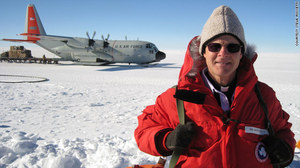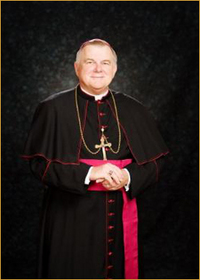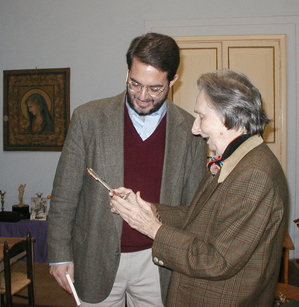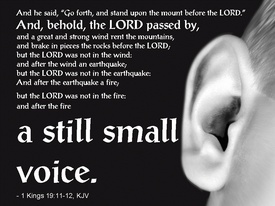At Monday’s lunch with many of the cardinals –not all–Pope Benedict XVI spoke of the struggle he and they are engaged together: for good against evil. Not exactly a lite topic for discussion for a lunch celebrating one’s 85th birthday and 7th anniversary of election to the Chair of Saint Peter, but a point that is true and needs to be addressed.
In reading his text (below) you will notice the Pope’s use of the concept ecclesia militans – the Church Militant – which he admits is “old fashion” but still fitting today. When we say “the Church Militant” it means all living Christians who struggle against sin, the devil, or as the Apostle Paul says “..the rulers of the darkness of this world” and “spiritual wickedness in high places” (Ephesians 6:12).
“Church Militant” has two other sisters, “Church Triumphant” and “Church Suffering” that give context to Christian life in light of the doctrine of the Communion of Saints and of what we know the Church to be.
The quick definition of the “Church Triumphant” (Ecclesia Triumphans), indicates those who live in the beatific vision, they see and are seen by God; we say these people are in heaven. The feast day for those in heaven is November 1, All Saints Day. When we speak of the “Church Suffering” (also called the Church Penitent, Ecclesia Penitens; or Church Expectant, Ecclesia Expectans), we believe that this group of believers are the souls in purgatory. The feast day is All Souls, November 2.
Continue reading Pope lunches with friends, speaks of struggle against evil




